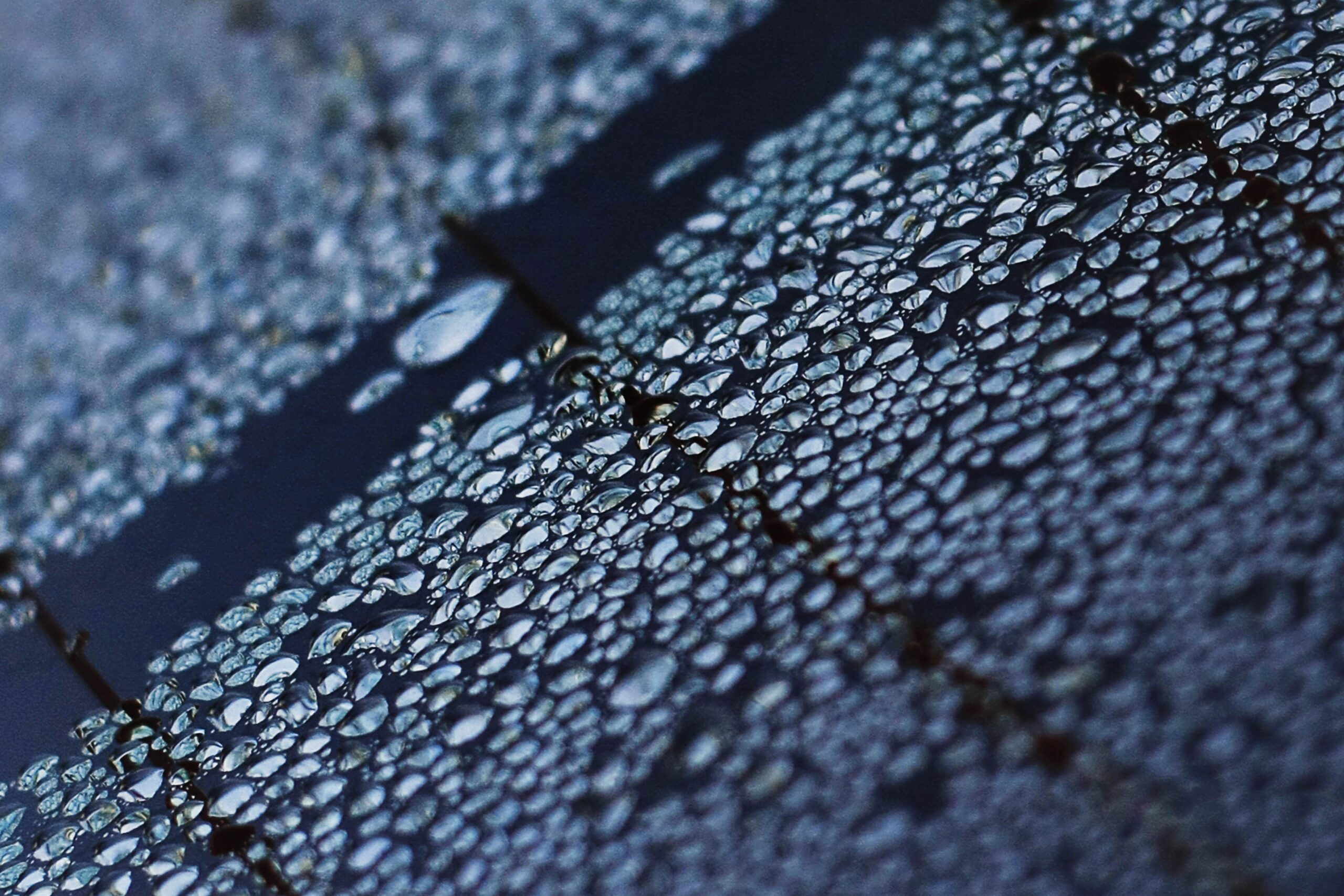Waterproofing materials: selection criteria for building protection
Waterproofing is one of the essential aspects of building construction, as it protects the structure from water leakage and moisture that may cause damage to the building structure and lead to serious health and structural problems. Therefore, we must carefully select waterproofing materials to ensure effective insulation and comprehensive protection. In this article, we will review some waterproofing materials and the main criteria that we must consider when choosing these materials.
Types of Waterproofing
Cement waterproofing: We characterize it by ease of use and low cost. It is also resistant to high temperatures, which makes it suitable for use in areas with hot climates. Cement waterproofing is also resistant to chemicals, making it suitable for use in areas exposed to chemicals.
Bituminous waterproofing: We characterize it by its resistance to high temperatures, which makes it suitable for use in areas with hot climates. Bituminous waterproofing prevents water from seeping into the building, protecting against moisture, mold and corrosion.
Epoxy waterproofing: One of its most important features is resistance to chemicals and ease of cleaning, which makes it suitable for use in areas that require frequent cleaning. Epoxy waterproofing can last over 20 years if applied correctly.
Criteria for selecting waterproofing materials
Compatibility with surface type:
The characteristics of each type of surface differ, such as porosity, ability to absorb water, and resistance to chemicals. Therefore, we must choose an insulation material that matches these characteristics to ensure effective insulation and prevent water and moisture leakage. For example, we recommend to use a cementitious waterproofing material on a metal surface, as it may react with the metal and cause corrosion.
Waterproofing resistance:
This is an essential feature of any insulating material, as it must be able to effectively prevent water leakage. We should choose insulation materials that provide a continuous, durable barrier against leakage, whether on horizontal surfaces such as ceilings or floors, or vertical surfaces such as walls.
Elasticity of expansion and contraction:
Buildings are exposed to temperature changes and the resulting expansion and contraction, so insulation materials must have flexibility that allows them to expand and contract without affecting the quality of insulation. This helps avoid cracks and damage to the structure.
Pressure and abrasion resistance:
Insulating materials must be able to withstand the stress and wear of traffic or heavy loads, especially in areas that are exposed to constant use such as surfaces that may be moved on.
Chemical resistance:
Buildings are sometimes exposed to the influence of chemicals such as cleaning agents or industrial chemicals, so insulation materials must be resistant to these materials to ensure continuity of insulation and protection of the structure.
Environmental safety:
Insulation materials must comply with environmental standards and be environmentally friendly and free of harmful substances that may affect human health and the surrounding environment.
Ease of application and maintenance:
The ease of applying and maintaining insulation materials contributes to saving time and effort, so materials should be chosen that are easy and quick to apply and do not require expensive periodic maintenance.
Tips for choosing waterproofing materials:
Consult a waterproofing expert for recommendations on the best type of waterproofing material for your project.
Read the instructions on the waterproofing material package carefully before using it.
Make sure to clean the surface you are going to insulate before using the waterproofing material.
Use waterproofing material according to the instructions on the package.
Make sure you well ventilate the area when using sealants that contain chemicals.
We recommend performing a test on a small area of the surface before using the waterproofing material on the entire area.
We must carefully follow the safety instructions on the waterproofing material packaging.
In conclusion:
By carefully selecting waterproofing materials in accordance with the above criteria, we can achieve effective insulation and comprehensive protection of the building from water leakage and moisture. We must rely on high quality, specialized materials to ensure outstanding performance and long-term durability.
To order waterproofing materials, go to www.whitesand.sa.






